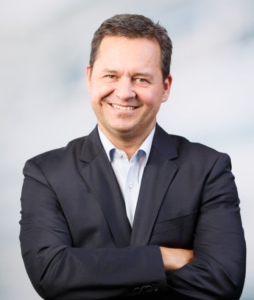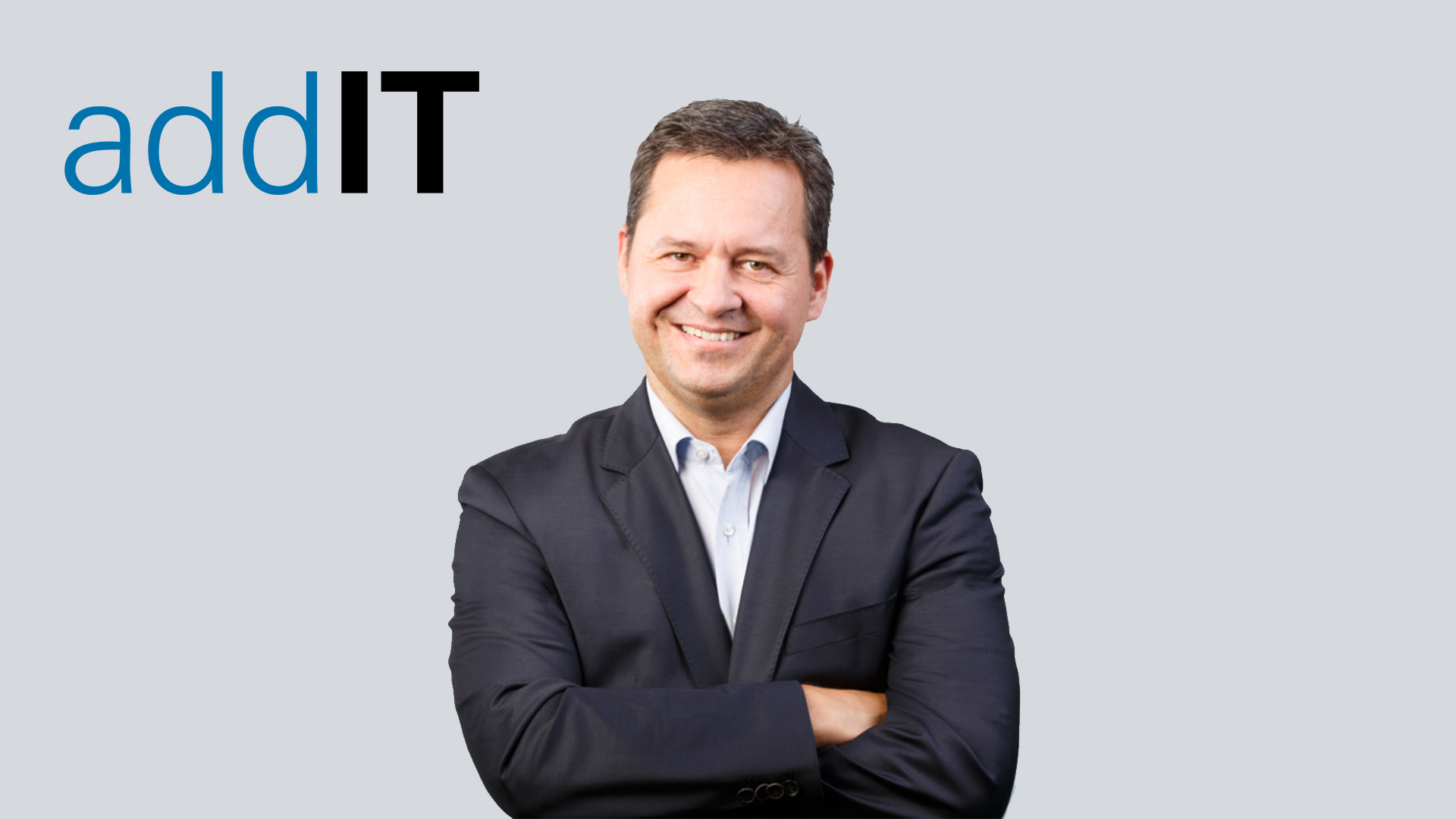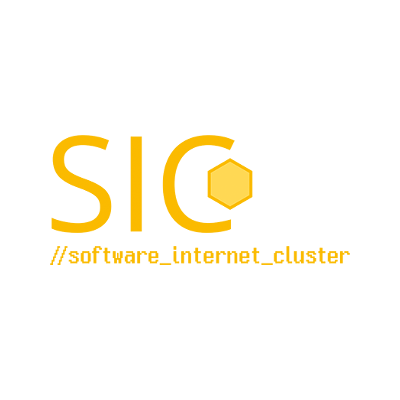Within the SIC, it is particularly important to us to advance and promote the exchange of knowledge among our members in order to constantly develop the regional IT industry and pass on helpful knowledge. Therefore, we conducted insightful interviews with our members on how to deal with current challenges in the IT industry.

SIC Vice-President Dieter Jandl and Managing Director of addIT dienstleistungen GmbH & Co KG
addIT dienstleistungen GmbH & Co KG is Carinthia’s largest IT service provider and employs around 140 highly qualified business technologists in Klagenfurt, Villach, Vienna and Ljubljana. Founded in 2001, the company has been a 100 percent subsidiary of the Atos Group since 2011 and can therefore rely on global resources and create local added value at the same time.
With innovative technologies, comprehensive digital competence and in-depth industry knowledge, Mag. Dieter Jandl accompanies the digital transformation of customers from different sectors like industry, finance, energy, the public sector and the health sector with addIT.
„It’s all about mindset.“
How are you dealing with the current shortage of skilled workers?
We approach this challenge proactively: We train our own specialists – whether apprentices, interns or working students. In addition, we also enable existing employees to continuously train and develop with regard to newly emerging technologies. We also strive to have a strong presence at schools and universities and maintain appropriate cooperations on this field.
For larger projects, we have the opportunity to access specialists from our parent company Atos. Last but not least, we also maintain regional and international partnerships with other IT companies with whom we implement projects together.
Which home office policy do you follow in your company?
Home office and remote working were common practice at addIT even before the pandemic. It is important to us that our employees can work in such a way that they achieve their personal goals instead of just serving time at work. According to internal surveys, most colleagues prefer a hybrid model consisting of remote working and working at the company’s location. They prefer home office work for activities that require a high degree of concentration and quiet, while they prefer working together at our site for complex or creative tasks in teams. Last but not least, they also love to come to the office to meet their colleagues – we have already received several awards from the independent “Great Place to Work” institute for our outstanding workplace culture.
Where do you see the future of Austria’s IT industry?
In general, digitization in Austria has gained a lot of development speed as a result of the experiences and knowledge gained during the pandemic. Where there used to be hesitation, a real boom is currently taking place. Because people and companies have seen what is possible thanks to new technologies and now they no longer want to do without those opportunities and possibilities. It doesn’t have to be a large-scale digitization project, it starts with the fact that there is now greater awareness of cybersecurity or digital sales channels and business models.
The most important task that will occupy the industry for a long time to come is the use of technology in order to push decarbonization. IT can make an enormous contribution to solving the most pressing problem of our time: climate change. Manufacturing companies can use IoT and AI to optimize the use of resources for needs-based manufacturing and thus prevent surpluses. A better ecological balance can also be achieved through the use of predictive maintenance of systems. In the energy sector for example, consumption can be controlled intelligently, thereby avoiding waste. In agriculture, too, resources can be saved or used in a targeted manner with the help of intelligent sensors. These are just a few examples of how IT can contribute to decarbonization.
If you were minister responsible for digitization, what would you change?
I would take action, especially in the area of digital skills. It certainly starts in kindergarden. In pedagogy there is what is called the “Draw a Scientist” test – most children draw a man in this test, revealing the mindset about the stereotypes that still exist. This mindset needs an update in order to get more girls und women interested in MINT subjects or a career in IT related jobs. We cannot afford to neglect almost 50 percent of the potential labor market in view of the ongoing shortage of skilled workers. That’s why I would create more initiatives and support for women and girls for the IT industry. Of course, this also requires more training and study places to be created and easier access to funding for further trainings of employees in the company.
We would like to thank you for the exciting insights and the insightful interview
Mag. Dieter Jandl, Managing Director of addIT dienstleistungen GmbH & Co KG!
You would like to share your experiences on current challenges with us?




